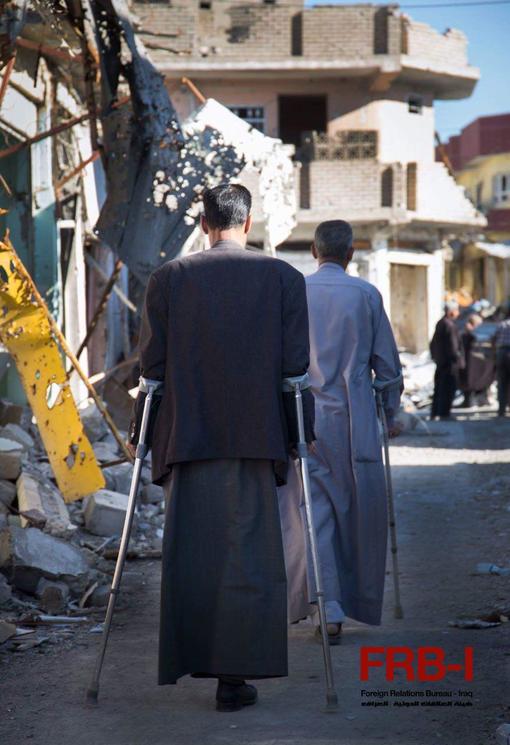More recently the Iraqi government declared the city of Mosul liberated from the IS control in July 2017, which was a turning point in the U.S.-backed Iraqi military campaign against the group. The battle, which stretched nine months, was marked by fierce combat and heavy U.S. bombardment.
However, the fight in Mosul saw heavy civilian-casualty as conflict monitors struggled to keep pace with the volume of U.S.-led airstrikes and the frequent use of mortars and artillery that often landed indiscriminately among the city's trapped residents.
More than 40,000 civilians were killed in the devastating battle to retake the city from IS, according to intelligence reports – a death toll far higher than previous estimates. Residents of the besieged city were not only killed by U.S.-led airstrikes and IS fighters but also by Iraqi ground forces attempting to force out militants. Amnesty International called the number of civilian deaths in the battle to oust IS from west Mosul a “catastrophe” in a report published in July 2017.
An official statistic conducted by the Iraqi Ministry of Planning does not include Nineveh Governorate because of the ‘unstable security conditions’, the ministry claims.
The Rehabilitation Centre for the Disabled, which is part of government's Department of Health in Nineveh, has registered about 1800 people suffering from mobility disability because of the war so far.
Dr Daoud, a staff member of the Rehabilitation Centre, pointed out that more than 3000 civilians were permanently injured as a result of the military operations to liberate Mosul, the majority of them were women and children who suffered from amputations and physical disability.
“The Centre has so far registered around 1800 people with mobility impairment, most of them need medical treatment, prostheses or wheelchairs, which neither the government nor the Ministry of Health has provided. In fact, the Ministry of Health has provided only 50 wheelchairs, while the Rehabilitation Centre received 500 wheelchairs from some NGOs and donors”, Dr Daoud said.
A statistic conducted by the Ministry of Labour and Social Affairs shows that the number of disabled people in Nineveh Governorate is 2757. They were registered in 2017 in order to receive social welfare benefits after having suffered different levels of disability during the battle for Mosul.
The absence of specialist programmes, organisations and charities mirrors the failure of the government to deal with the problem. A UN commissioned report two years ago stated that the Iraqi disabled community’s “potential remains so far untapped” in absence of national standards and guidelines on accessibility and universal design.


 RSS Feed
RSS Feed